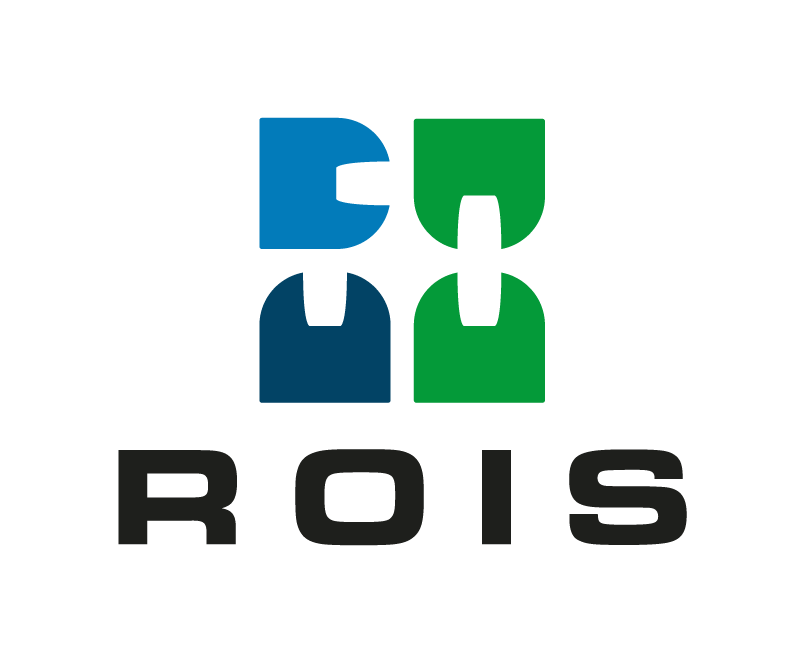Today, a brief rundown of news from Intellia Therapeutics and the Food and Drug Administration, as well as updates from Eli Lilly, Gilead Sciences, Johnson & Johnson and Recursion Pharmaceuticals that you may have missed.
A study volunteer who’d received an experimental gene-editing treatment from Intellia Therapeutics in a Phase 3 trial has died, the company said in its Thursday earnings report. Intellia voluntarily paused dosing in that study as well as another late-stage trial in late October, when that patient was hospitalized due to a spike in liver enzyme and bilirubin levels. The Food and Drug Administration formally put the two studies on hold days later. Intellia is now suspending guidance for the program, nexiguran ziclumeran or nex-z, pending alignment with regulators. The incident “clearly” complicates the path forward for nex-z, “heightens the safety overhang” and puts Intellia’s broader transthyretin amyloidosis program “at risk,” wrote Leerink Partners analyst Mani Foroohar. Intellia shares, which have already lost about 40% of their worth in recent weeks, tumbled to less than $10 apiece early Friday. — Gwendolyn Wu
The FDA announced the six latest recipients of its new “national priority” review vouchers, which are meant to drastically speed up drug evaluations. The list includes two obesity medications — Eli Lilly’s pill orforglipron and an oral version of Novo Nordisk’s semaglutide — as well as the gene editing therapy Casgevy and the tuberculosis antibiotic Sirturo. Two cancer medicines, Jemperli for rectal tumors and Hernexeo for HER2-positive lung cancers, were awarded vouchers too. The FDA revealed the first nine award winners last month, bringing the total number to 15 so far. Though approvals aren’t guaranteed, reviews for these therapies can take as little as one to two months. — Ben Fidler
Eli Lilly’s experimental amylin-targeting drug eloralintide helped people with obesity and at least one related complication lose between 10% and 20% of their body weight in a 48-week Phase 2 trial, according to trial data disclosed Thursday and published in The Lancet. The study assessed four different doses of eloralintide along with two step-up dosing strategies and compared weight loss for people using those regimens to those who got a placebo — who, by comparison, lost on average 0.4% of their body weight. Lilly will start a Phase 3 trial of eloralintide by the end of 2025 and is considering pairing it with other obesity drugs, like Zepbound, that modulate appetite and metabolism. — Jonathan Gardner
Trodelvy, a so-called antibody drug conjugate from Gilead Sciences, failed a late-stage study testing it as an early treatment for a common type of advanced breast cancer. The study enrolled around 650 people with “HR-positive/HER2-negative” metastatic breast cancer, and assessed whether Trodelvy was any better than chemotherapy at slowing the disease when used first following hormone therapy. Gilead said the drug did not meet that measure. The company didn’t release any detailed data, but said its trial will keep going to assess Trodelvy’s effects on “overall survival” — the gold standard in cancer research. In the U.S., Trodelvy is already approved for use in people with HR-positive/HER2-negative breast cancer that continues to advance even after two other systemic therapies. It’s also used against a different, “triple-negative” form of breast cancer. — Jacob Bell
The FDA has approved Johnson & Johnson’s antibody drug Darzalex for people whose early-stage, or “smoldering,” multiple myeloma is at high risk of progressing into active disease. The approval was based on study results showing Darzalex cut the risk of progression to symptomatic disease or death in half when compared to standard of care, which is to actively monitor patients for disease signs. J&J said the approval makes Darzalex the first treatment for high-risk smoldering multiple myeloma, meaning it could help slow disease progression in thousands of people each year. — Jonathan Gardner
AI drug discovery specialist Recursion Pharmaceuticals is swapping CEOs, bringing its current chief R&D and commercial officer Najat Khan to the top executive seat starting Jan. 1. In a Wednesday announcement, the company said outgoing CEO and co-founder Chris Gibson will become chairman of the board of directors and stay on as an interim executive advisor. Current chair Rob Hershberg, meanwhile, will transition to vice chairman and lead independent director. Recursion shares have lost most of their value since a big initial public offering in 2021. The company has been streamlining operations and trimming its research pipeline since merging with Exscientia last year. — Gwendolyn Wu















